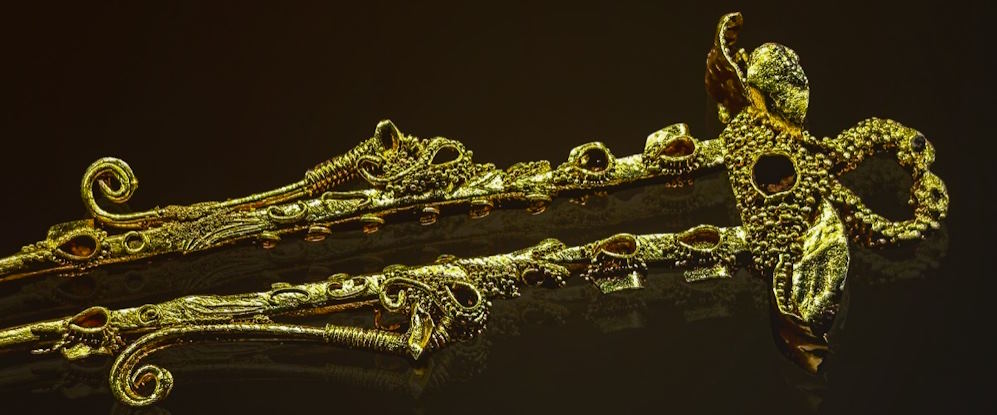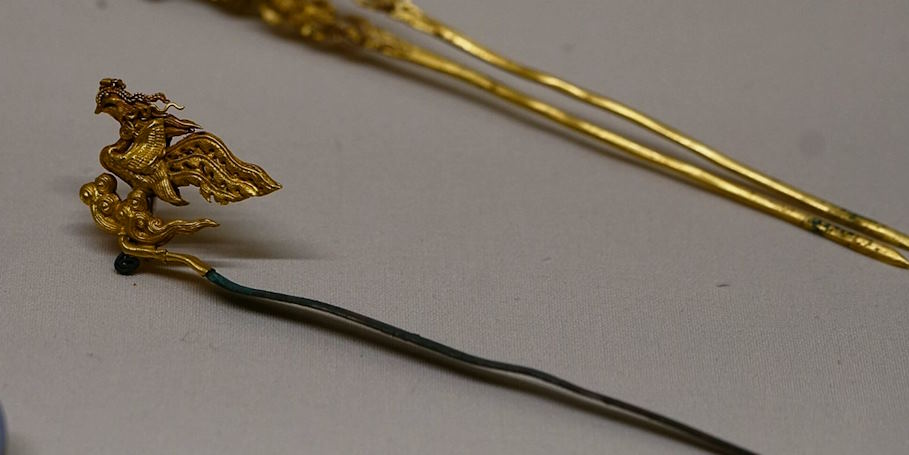Hairpins Through Time: A Cultural and Historical Exploration

Hairpins, those small yet significant accessories, have adorned the tresses of individuals across various cultures and periods. Beyond their practical role in securing hairstyles, hairpins hold cultural and historical significance, reflecting diverse societies’ aesthetic preferences, social norms, and artistic expressions.
Symbolism and Rituals: The Cultural Significance of Hairpins
Hairpins have served as more than mere hair accessories; they often carry deep symbolic meanings and play a role in cultural rituals. In many Asian cultures, for example, hairpins are symbols of femininity, marital status, and social status. Intricate designs and materials used in crafting hairpins may convey specific messages about the wearer’s identity or stage in life. From ornate Chinese hairpins adorned with good luck symbols to the traditional Japanese kanzashi worn during ceremonies, these accessories become powerful symbols woven into the fabric of cultural expression.
Beyond Asia, hairpins have also played crucial roles in various African cultures. In some communities, elaborate hairpins are crafted with symbolic shapes and patterns, telling stories of heritage, spirituality, and identity. These hairpins often become cherished heirlooms, passed down through generations, embodying the cultural narratives of the wearers.

Fashion Evolution: Hairpins Across Historical Eras
Hairpins have been witnesses to the ever-changing currents of fashion throughout history. As hairstyles evolved, so did the design and usage of hairpins. In the Victorian era, ornate and bejeweled hairpins were popular, mirroring the luxury of the time. Women adorned their intricate updos with jeweled hairpins, showcasing wealth and social standing.
In the Roaring Twenties, the era of flappers and bobbed hair, hairpins took on a more functional and minimalistic role. Simple, streamlined pins became essential tools for securing the iconic bobbed hairstyles of the time. Fast forward to the 1960s, and hairpins again played a prominent role as beehives and bouffants came into vogue, requiring sturdy pins to maintain the elaborate structures.
Hairpins have transcended their utilitarian origins, becoming cultural artifacts and historical markers that weave through the stories of diverse societies. From symbolizing cultural identity to witnessing the ebb and flow of fashion trends, these small but mighty accessories hold a unique place in the broader narrative of human expression.

